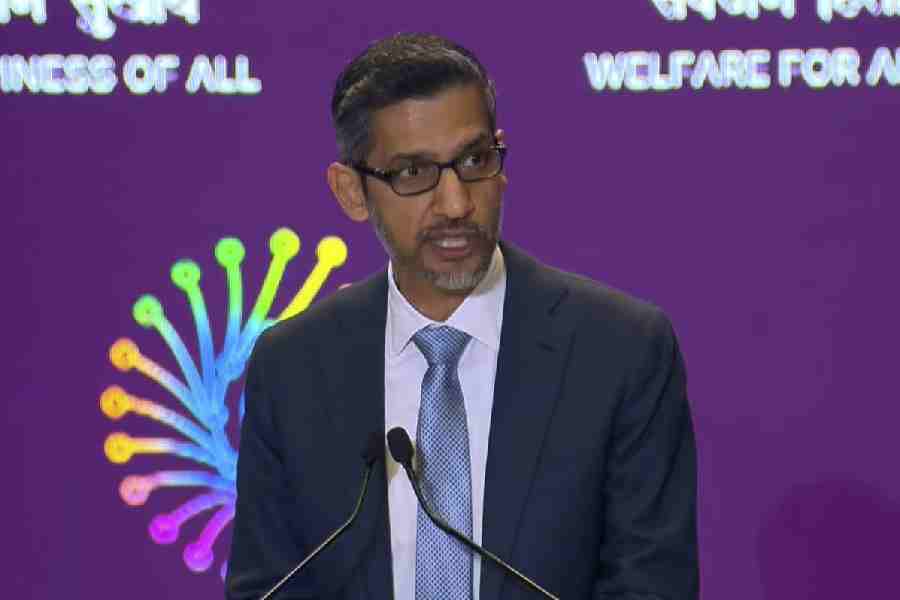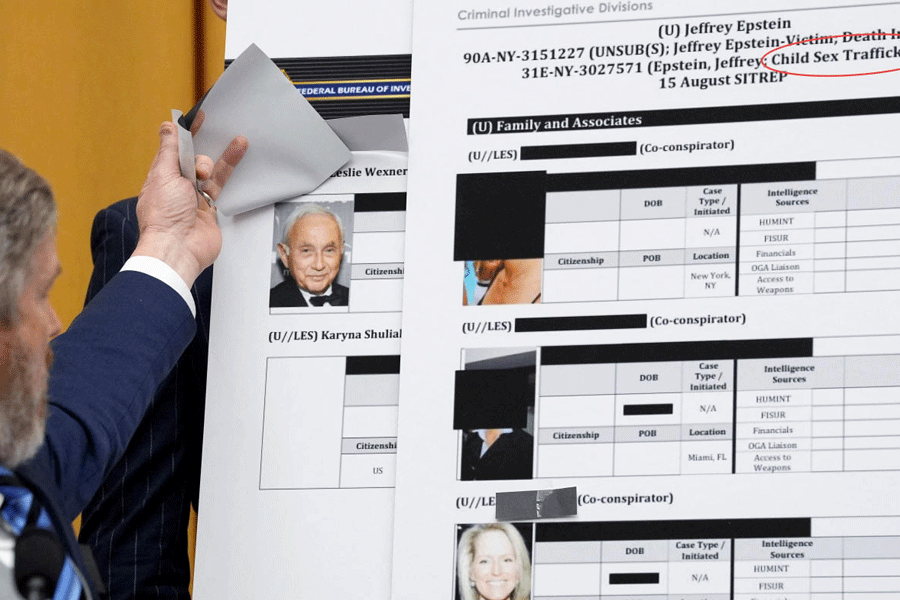Jamshedpur, Aug. 22: If technology is about making a visible difference in society, Jamshedpur boy and alumnus of Loyola School Rohit Singhal has used technology to bring cheer into the lives of the speech-impaired.
Singhal, a 2003 alumnus of Loyola school was recently awarded by Kapil Sibal, Union minister for science, technology and earth sciences, for developing a high-tech interactive device to enable speech-impaired people to express themselves. “We won the first prize in this nation-wide campaign to find an innovative technology business,” said Singhal who passed out from IIT Kharagpur early this year.
The nation-wide competition organised by Intel was in collaboration with the Indo-US Science and Technology Forum and the Department of Science and Technology of the government of India, is called the DST-Intel India Innovation Pioneers Challenge 2006-07.
Singhal, along with fellow IITian and team mate Soumyajit Dey, a Calcutta boy, devised the interactive product that they named Sanyog.
“The contest was organised in multiple stages, spread over 11 months. In September 2006, the organisers received 190 entries, from which they short-listed the top 20 business ideas,” said Singhal. In the second stage of the contest, teams were invited to Bangalore in November to present their business plans to a panel of successful entrepreneurs, academicians and venture capitalists, who mentored the top eight teams for five months. The final round was held in Bangalore, in May 2007.
“Sanyog is a unique vernacular augmentative and alternative communication tool for the disabled, developed at the Communication Empowerment Lab in IIT Kharagpur,” said Singhal. The product targets 0.26 million speech impaired, 0.08 million cerebral palsy patients and 1.05 million autistic patients in urban India, Currently, no such product exists in the Indian market.
The IIT boys are now set to begin the product’s commercialisation. “We have already been invited by Intel who would see our innovation and decide whether to fund commercial production,” added Singhal. Leading US-based companies have expressed interest.
The system comprises icon-based and pre-stored messages-based speech-enabled communication interfaces as well as a soft keyboard to compose messages. Access to the system has been kept simple using a single input signal. Although the system is available in three different languages — English, Hindi, and Bengali — it can easily incorporate new languages. Special access switches have been developed for users with physical disability.
While the desktop-version has been successfully field-tested and deployed at the Indian Institute of Cerebral Palsy (IICP), Calcutta, Action for Ability Development and Inclusion, New Delhi and the National Institute for Mentally Handicapped, Hyderabad, the handheld-version is expected to be ready by December 2007. with the desktop version priced at Rs 10,000 and the handheld version at Rs 20,000. A web-based version would be available with annual subscription charges.










